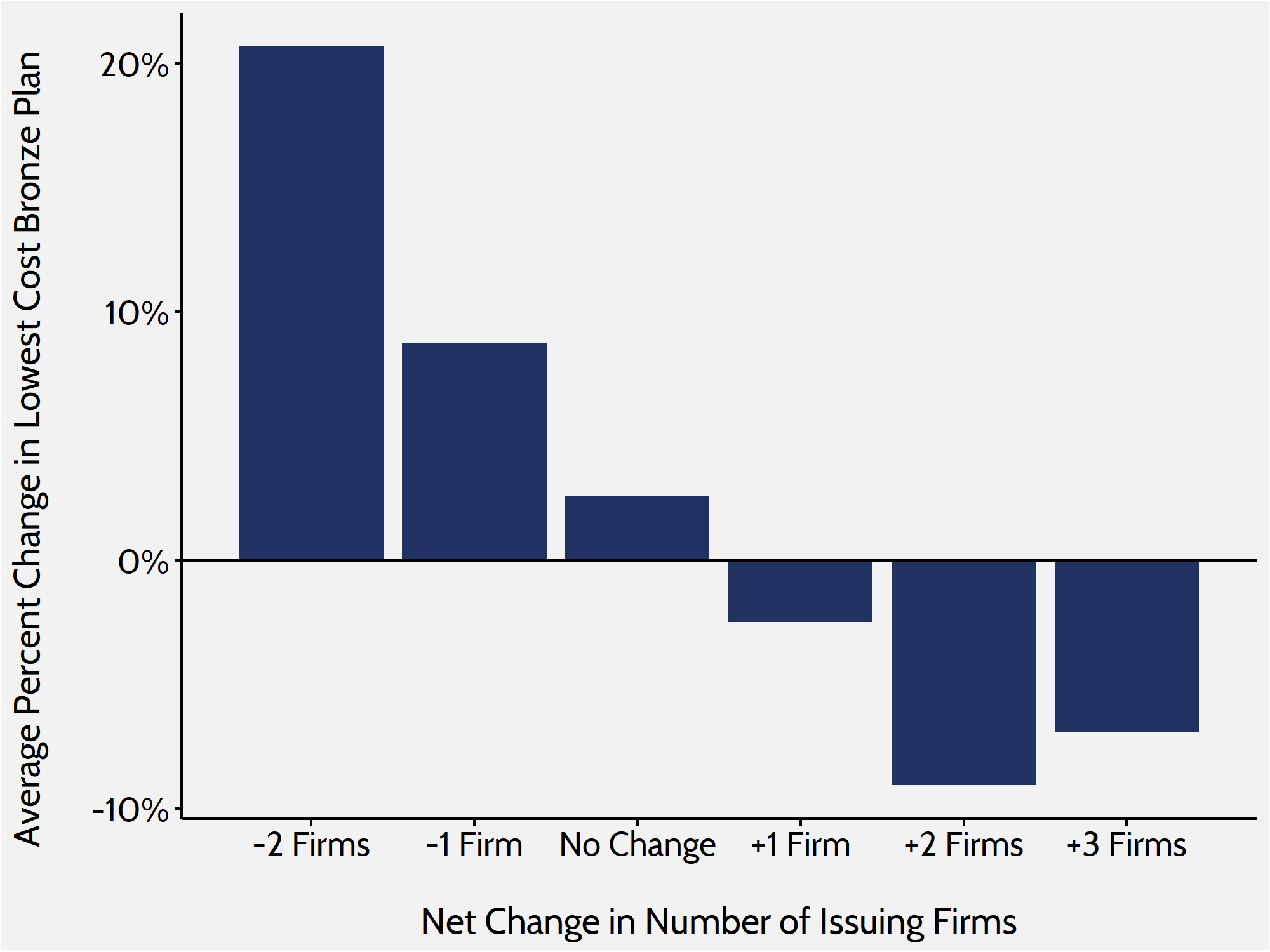Weekly Checkup
February 8, 2019
What’s Behind the Messaging Fight over Preexisting Conditions?
On Wednesday, the House Committees on Energy and Commerce, Education and Labor, and Appropriations all held hearings touching on the topic of preexisting medical conditions. If you followed the rhetoric, you might be under the impression that congressional Republicans have been on a yearlong crusade to strip Americans with preexisting conditions of their health coverage. The truth is both more complicated and less nefarious than the House majority would have you believe.
The energy on the left around preexisting conditions finds its origin in a lawsuit, Texas v. Azar, threatening to strike down the entire Affordable Care Act (ACA). Several Republican state attorneys general brought the suit last year, and congressional Democrats point to the suit as proof of Republicans’ desire to strike the law’s protections for sick Americans.
Some background might be helpful. A preexisting condition is a medical condition—for example asthma or cancer—that an individual had before enrolling in health insurance. Prior to the ACA, people purchasing insurance in the individual market could be denied coverage for medical conditions they already had at the time they purchased insurance coverage. So, for example, if an otherwise healthy individual received a cancer diagnosis and decided to buy health insurance, the insurer could deny coverage for their cancer treatment while covering other health care.
The ACA changed this dynamic by making it illegal to deny coverage, and while there are some perverse incentives and negative market effects inherent in the law’s insurance reforms, today few opponents of the ACA argue that there should be no protections for Americans with preexisting conditions. In fact, advocates for repealing and replacing the ACA in 2017 sought to include protections in their replacement proposals. Those protections were likely not as comprehensive as current law—it is difficult to be more comprehensive than a blanket ban—but the suggestion that opponents are specifically targeting these protections is unfounded. Republicans have long had a bone to pick with the ACA as a whole, and the same is true with this lawsuit.
Texas v. Azar finds its origins in the 2012 suit challenging ACA’s constitutionality, NFIB v Sebelius. That case hinged whether the law’s mandate requiring individuals to purchase health insurance was an unconstitutional compulsion of economic activity, rather than a constitutional regulation of interstate commerce. The law’s opponents further argued that the mandate was so integral to the law that if it was unconstitutional, then the entire law should fall.
The Supreme Court upheld the law, concluding the mandate was a constitutionally permissible tax—but then Congress, in 2017, set the penalty for failure to buy insurance at zero—effectively ending the mandate. The GOP attorneys general sued, arguing that a tax must raise revenue, and if the mandate isn’t a tax, then it is unconstitutional, and the entire ACA should therefore be struck down.
The law’s supporters aren’t wrong that this suit, if successful, could upend the ACA’s insurance market regulations, including the prohibition on insurers denying coverage for preexisting medical conditions. Most legal observers seem to expect the ACA to survive this challenge, but the fact remains that the animating force behind the lawsuit is a critique of the law as a whole, not its protections for preexisting conditions. For the moment, the debate over preexisting conditions is really a political messaging fight, a lot of sound and fury signifying very little.
Chart Review
In previous research, AAF found that increased competition in the marketplace led to smaller increases in premiums. AAF’s study of the 2019 individual insurance marketplace makes an even stronger finding: Increased competition has led to a decrease in premiums. In rating areas where competition increased, the average lowest-cost Bronze premium decreased by roughly 4 percent. In areas where competition stayed the same or decreased, that premium increased by 4 percent.
Bronze Premium Changes and Issuer Fluctuation
From Team Health
Primer: The Medicaid Drug Rebate Program
Deputy Director of Health Care Policy Tara O’Neill Hayes examines the history, structure, and consequences of the Medicaid “best price” program.
SOTU Preview: The Administration’s Proposals for Lowering Drug Prices
A top Trump Administration priority has been lowering drug prices. Tara O’Neill Hayes outlines its various proposals aimed at the issue and analyzes their potential effects.
Worth a Look
Modern Healthcare: Unnecessary ED visits from chronically ill patients cost $8.3 billion
New York Times: A High-Tech Pill to End Drug Injections











